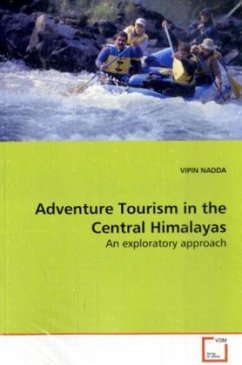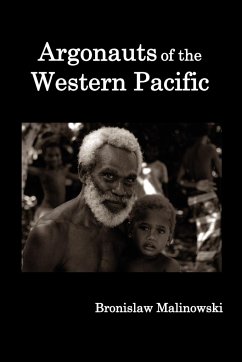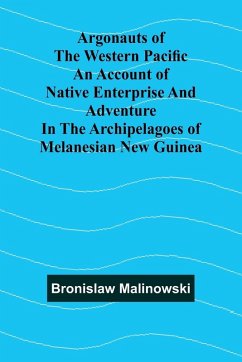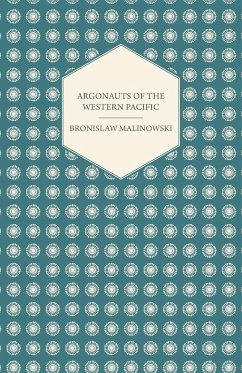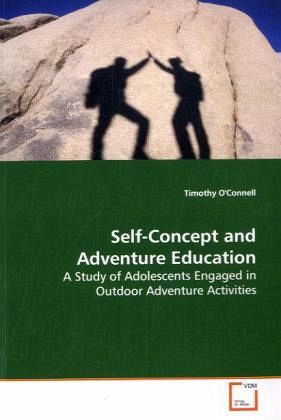
Self-Concept and Adventure Education
A Study of Adolescents Engaged in Outdoor Adventure Activities
Versandkostenfrei!
Versandfertig in 6-10 Tagen
32,99 €
inkl. MwSt.

PAYBACK Punkte
16 °P sammeln!
With the goal of educating the whole student, including a student s self-concept, schools are searching for and initiating programs and activities to enhance self-concept, especially with adolescents. Many of these programs are offered through outdoor adventure education activities in the context of traditional academic settings such as high schools and colleges. These programs have used a number of approaches based on several theoretical models that affect self-concept, and research studying the outcomes of these programs has reported mixed results. Outdoor adventure education programs use ex...
With the goal of educating the whole student,
including a student s self-concept, schools are
searching for and initiating programs and activities
to enhance self-concept, especially with
adolescents. Many of these programs are offered
through outdoor adventure education activities in
the context of traditional academic settings such as
high schools and colleges. These programs have used
a number of approaches based on several theoretical
models that affect self-concept, and research
studying the outcomes of these programs has reported
mixed results. Outdoor adventure education programs
use experiential activities such as backpacking,
rock climbing, canoeing, and other outdoor
recreation activities to achieve various goals and
objectives. This study examined the changes in self-
concept of adolescents enrolled in outdoor adventure
education courses offered at a traditional college
preparatory high school and explored how gender
influenced changes in specific domains of self-
concept.
including a student s self-concept, schools are
searching for and initiating programs and activities
to enhance self-concept, especially with
adolescents. Many of these programs are offered
through outdoor adventure education activities in
the context of traditional academic settings such as
high schools and colleges. These programs have used
a number of approaches based on several theoretical
models that affect self-concept, and research
studying the outcomes of these programs has reported
mixed results. Outdoor adventure education programs
use experiential activities such as backpacking,
rock climbing, canoeing, and other outdoor
recreation activities to achieve various goals and
objectives. This study examined the changes in self-
concept of adolescents enrolled in outdoor adventure
education courses offered at a traditional college
preparatory high school and explored how gender
influenced changes in specific domains of self-
concept.



